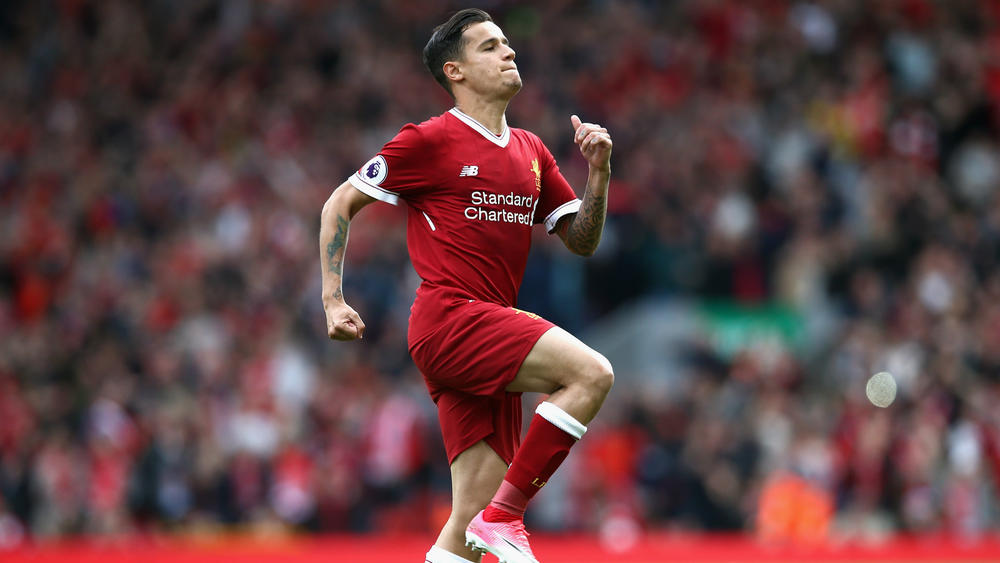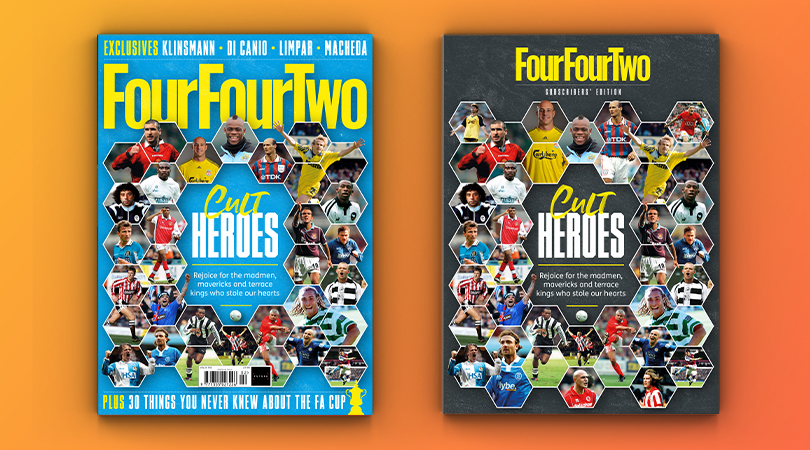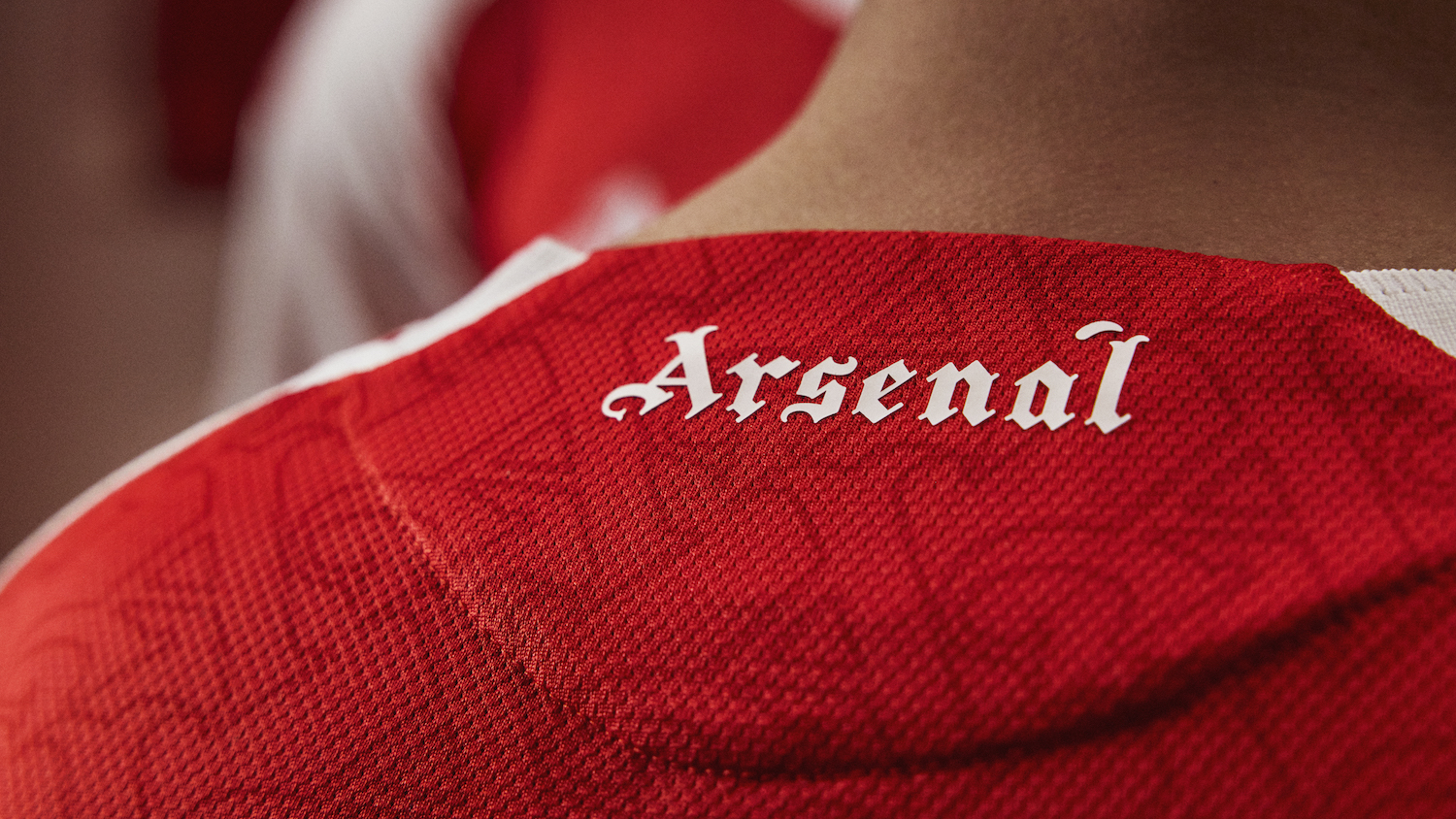How Philippe Coutinho's departure made Liverpool stronger
Coutinho was a wonderful player for Liverpool, but his sale allowed Jurgen Klopp's Reds to flourish

There are some anniversaries Liverpool can celebrate. May 25, for instance, even though it was May 26 in Turkey by the time the Miracle of Istanbul was complete. Or May 7, Divock Origi day, the annual reminder of the 4-0 evisceration of Barcelona.
Then there is January 6. Some three years before it acquired infamy in the United States, it became the most profitable day in Liverpool’s history: for John W Henry, who made his fortune trading commodities, one of the most lucrative of all was a Brazilian footballer. It was on January 6 in 2018 that Liverpool agreed to sell Philippe Coutinho, an £8.5 million signing, to Barcelona for £142 million. They had turned a club buy – and the suspicion was that then manager Brendan Rodgers wanted Tom Ince instead – into the second most expensive footballer in history.
Four years on, there was only one winner from that deal. Not Barcelona, whose debts did not just swell over £1 billion because of Coutinho, but he was a symbol of ludicrously bad spending. And not the Brazilian himself, who has been offered to Everton (and probably many another club) as Barcelona desperately try to rid themselves of his wages. There seems an acceptance that they will have to write off the entirety of a huge transfer fee.
Meanwhile, Liverpool reached a Champions League final four months after his departure, won one a year later and then secured the elusive Premier League title in the following season, following an unparalleled run of 35 wins in 36 games. They did so without even replacing Coutinho: apart from a flirtation with Nabil Fekir, they have not signed a senior attacking midfielder (Naby Keita’s move from Leipzig had already been arranged while Harvey Elliott arrived at 16).
Virgil van Dijk arrived a few days before Coutinho went, and could have joined the previous summer, but Liverpool were confident funds were arriving. It may be a simplification to say that Coutinho paid for Van Dijk and Alisson but the popular version of events is that Liverpool got arguably the world’s best centre-back and goalkeeper because they cashed in on him. Perhaps they could do with a player who scored a disproportionate number of his wondergoals against Arsenal this month, when they are deprived of Mohamed Salah and Sadio Mane, but they have rarely needed him in the last four years.
Losing Coutinho simplified things for Liverpool, but brought a subtle shift. Jurgen Klopp had accommodated him, first on the left of the front three and then in the midfield trio, but he was never a pure Klopp player, a heavy-metal gegenpresser. Minus Coutinho, the remaining front three flourished: meanwhile, the manager doubled down on his midfield blueprint, often going for the triple workhorse, rather than looking for another flair player. Coutinho went as Trent Alexander-Arnold’s development accelerated and Andy Robertson broke into the team; Klopp started to look to the full-backs for more creativity than the midfield and to get them into the final third instead. Financially and tactically, Coutinho helped create one of Liverpool’s greatest teams.
Like a footballing Neville Chamberlain, he feels trapped on the wrong side of history. He returned to Anfield to lose 4-0 with Barcelona. If he left Liverpool to win the Champions League, he only did it after temporarily leaving Barcelona: indeed he scored Bayern Munich’s seventh and eighth goals in their 8-2 demolition of his parent club. He had been touted as Barcelona’s next Andres Iniesta, a strange piece of miscasting whereby a scorer of spectacular goals was somehow expected to take over from a byword for tiki-taka. Coutinho has only played 1157 minutes in La Liga since the start of 2019-20, is unable to get in what may be the worst Barcelona team for decades, has been sidelined for kids and is available for transfer in any window. Liverpool have never shown any interest in taking him back.
The best features, fun and footballing quizzes, straight to your inbox every week.
His move to the Nou Camp been disastrous. None of which should obscure that Coutinho was a wonderful player for Liverpool. Perhaps he was a man out of time: his two best seasons, 2014-15 and 2015-16, were times of transition for the club. But he was a big-game player, delivering many of his goals against elite sides – Klopp’s first win, at Chelsea, came courtesy of a Coutinho double – and offering entertainment when many of his colleagues could not. He deserves to be remembered as one of the finest and most compelling players of Liverpool’s wilderness years. He may instead go down as the man whose career was defined by a terrible decision and who is described as a colossal waste of money. At 29, and only three days older than Salah, he still has time to alter perceptions but he has felt on a downward trajectory. It is to be hoped he can recapture his Liverpool form somewhere else, but the sad truth is that Liverpool were better without him.
Subscribe to FourFourTwo today and save over a third on standard price.
Restock your kit bag with the best deals for footballers on Amazon right now
ALSO READ
LIVERPOOL Why do so many people underrate Mohamed Salah?
LIST Football Manager 2022: All the FM22 wonderkids you'll need to sign
Richard Jolly also writes for the National, the Guardian, the Observer, the Straits Times, the Independent, Sporting Life, Football 365 and the Blizzard. He has written for the FourFourTwo website since 2018 and for the magazine in the 1990s and the 2020s, but not in between. He has covered 1500+ games and remembers a disturbing number of the 0-0 draws.
 Join The Club
Join The Club







